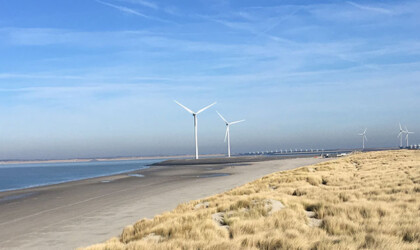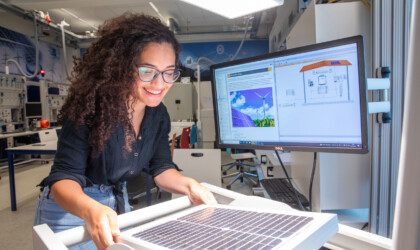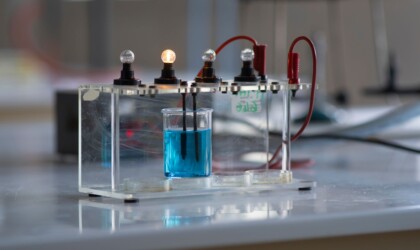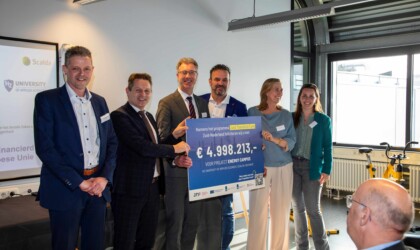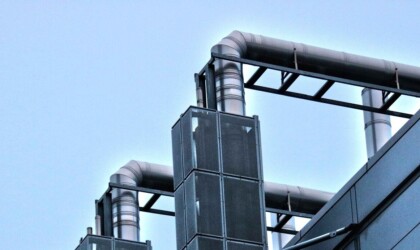The energy and climate transition in Zeeland requires sufficient and well-trained professionals. Besides greening the electricity system and developing a hydrogen infrastructure, a transition in the sustainable application of heat is necessary: the heat transition.
A survey of training needs was conducted with HZ and Scalda among companies and governments. The heat transition requires knowledge of sustainable techniques such as residual heat, sustainable steam, aquathermy, solar thermal energy, heat pump technology, cooling systems, and heat storage. Education must focus not only on theory but also on the practical application of techniques, both in sustainable heat for industry and the built environment.
This can be achieved through an enhancement of the education program on the heat transition with associated educational setups, in addition to the facilities at the Scalda test plant in Terneuzen, Technum and HZ facilities in Vlissingen, and the JRCZ in Middelburg. The goal is to contribute to a flexible and resilient workforce and to attract talent for the chemical and broader technical sectors.
Project
The sustainable heat education program in vocational and higher education (mbo and hbo) is central. The aim is to educate over 200 students per year on the heat transition by offering educational modules and/or sub-modules in the curriculum.
The education program is aligned with practical applications. There are network consultations, input from practical issues, and guest lectures. This translates real-world business challenges into the learning environment for students and research groups. New educational setups will be created to make education tangible for students from HZ and Scalda.
For example, setups for the application of aqua- or small-scale geothermal energy in Zeeland, the use of residual heat in Zeeuws-Vlaanderen and the port of Vlissingen, or the sustainable heating demand in industry with an electric steam generator.
This project optimally supports the Zeeland heat transition with education, research, and a knowledge infrastructure.

